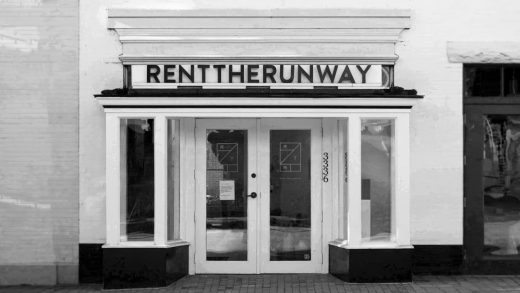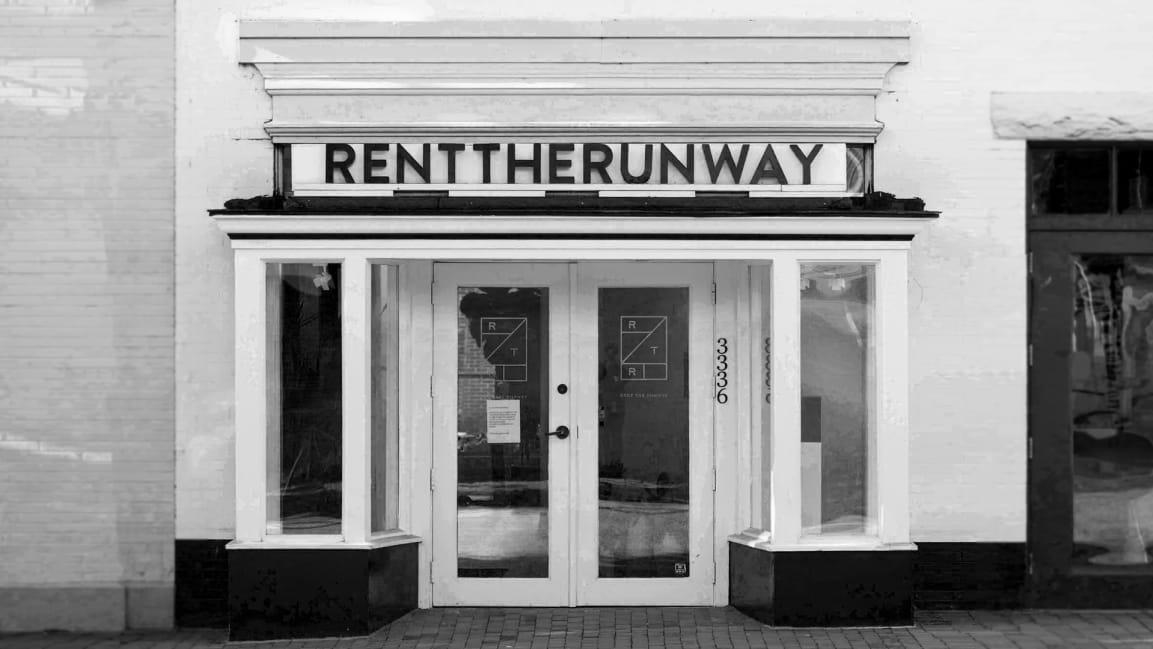Rent the Runway shutters all brick-and-mortar stores
This year, brands have permanently shuttered more than 6,000 stores. Now Rent the Runway counts among them.
The clothing rental company has announced it will shutter all of its stores for good. This includes a flagship in New York City, along with stores in Chicago, Los Angeles, San Francisco, and Washington, D.C. “The closure of our retail stores is something we had long considered,” Anushka Salinas, Rent the Runway’s COO and president, told Fast Company in an email. “[It] was a decision we accelerated during the pandemic.”
This announcement wasn’t entirely a surprise. In March, The Verge reported that Rent the Runway laid off all its retail staff in a Zoom call. In the same call, an executive at the company said Rent the Runway had to “dramatically reassess” its operations to stay in business. It makes sense: With consumers stuck at home, most people aren’t in need of gowns for fancy events or a constant rotation of professional clothes to wear to the office.
Rent the Runway first launched in 2009 as a service that rented high-end gowns to customers attending formal events. After experimenting with a “store within a store” concept at Henri Bendel, Rent the Runway opened its first standalone store in New York in 2014. The 17,000-square-foot space was designed to be a place where women could try on designer gowns in person and receive styling advice from store associates.
Over time, Rent the Runway’s business model shifted. It expanded its clothing selection to include office wear, casual outfits, and even activewear. It also offered subscriptions that allowed consumers to constantly rotate new clothes. According to Salinas, the physical stores increasingly became a place for customers to pick up and drop off clothes, so they could more quickly move on to new outfits, rather than a place to spend time trying on and selecting clothes. In other words, their original purpose was already less relevant by the time COVID-19 arrived. Rent the Runway has already created dozens of drop boxes around the country, at locations such as WeWork and Nordstrom. Salinas says the company will continue to expand this network, even as it shutters the stores.
(18)



